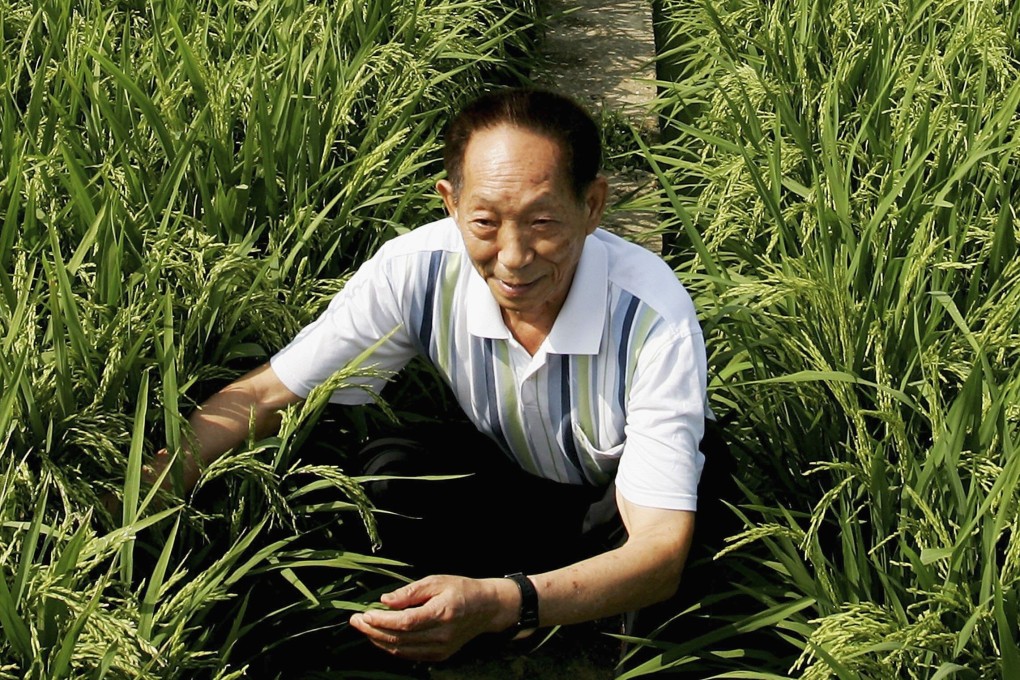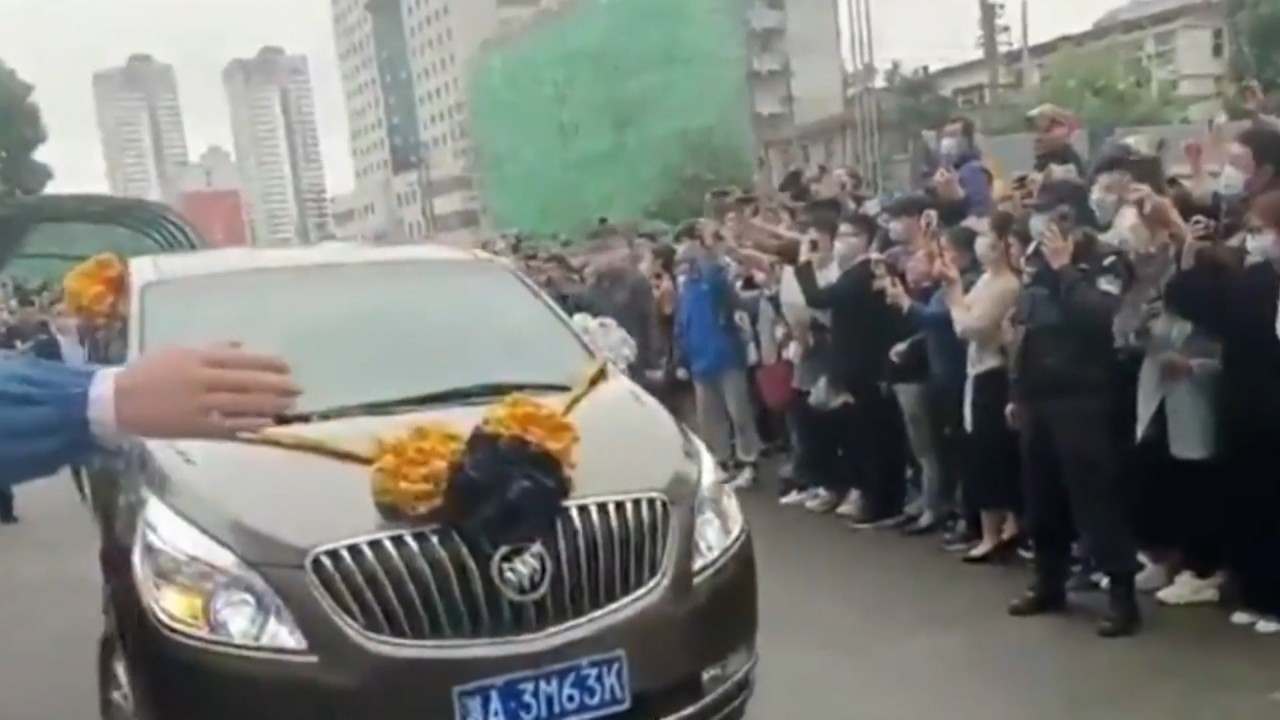Opinion | Rice hero who strove to alleviate hunger an example to us all
- Decades of determination and selflessness by agricultural scientist Yuan Longping led to famines being banished in China and many places beyond

“Grandpa Yuan”, as he was popularly known, was a household name. China’s famine years in the 1950s spurred him to dedicate his life to preventing a repeat and he focused on rice, a staple food for Chinese and half the world’s people. Wild rice he and his team found on Hainan Island inspired an innovative approach to improving harvests. In a groundbreaking research paper published in China in 1971, he explained how yields of heavily inbred commercial rice could be raised by transferring genetic material from native varieties.
Yuan was soon growing hybrid strains and by 1978 large-scale production was under way in Hunan province with harvests yielding 20 to 30 per cent more than normal varieties. China quickly became the global centre of rice research and endeavour. The scientist could have protected his work in the name of national interest, but he realised its importance to alleviating global hunger. He and his teams shared findings with the rest of Asia and Africa and educated farmers about advanced growing techniques, with world-changing results.

01:23
Large crowds in China bid farewell to Yuan Longping, father of hybrid rice, dead at 90
For many people, hunger and famine were soon banished. Food security alleviated poverty and livelihoods improved. Countless numbers of lives have been saved. It is little wonder that Yuan has been praised and honoured at home and abroad for his tireless work and dedication that continued almost to the end; a fall in a paddy field in Hainan in March led to his final illness.
China’s future lies in science, innovation and technology, but success depends on dedication and determination such as that shown by Yuan. He saw the solution to alleviating hunger in rice and he focused his energies on learning all he could about the plants and their cultivation. But he went beyond the research, becoming a leader of teams and a mentor. Chinese agriculture has consequently been heavily influenced by his efforts.
Yuan lived and worked in Changsha in Hunan, where his funeral was held and he was buried yesterday, his coffin draped in the national flag. President Xi Jinping sent a wreath and called for people to learn from the scientist. China needs researchers endowed with the same spirit. His commitment to his work and dedication to his dreams offer inspiration for Chinese of all walks of life.

